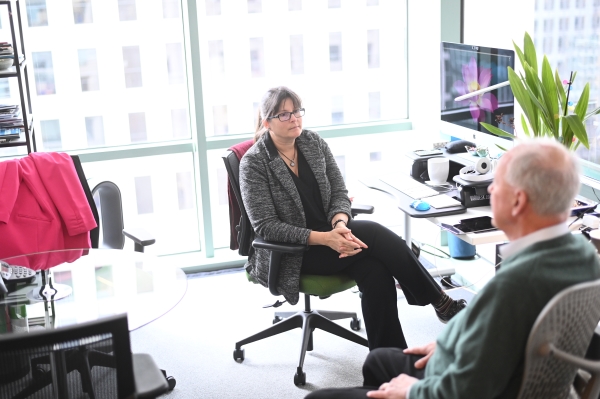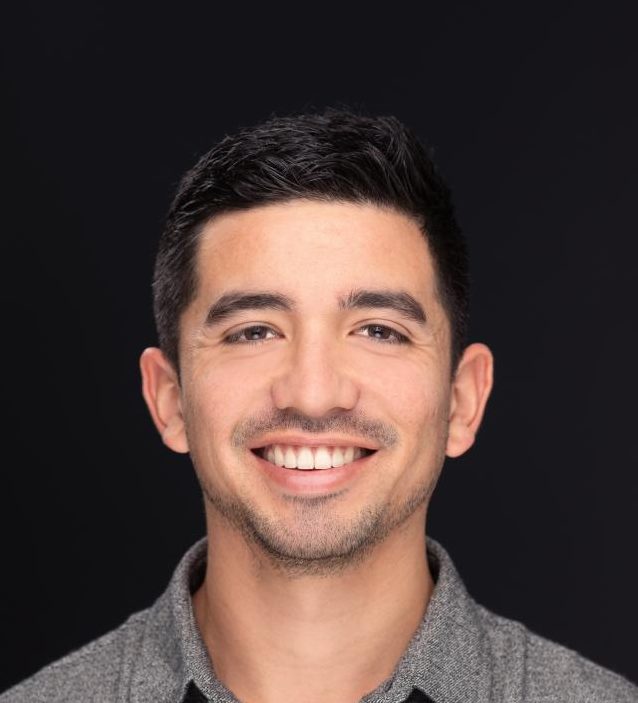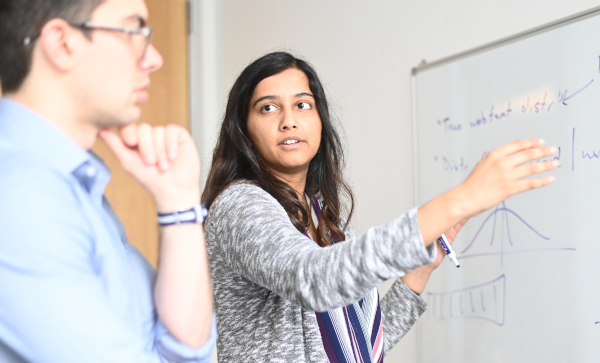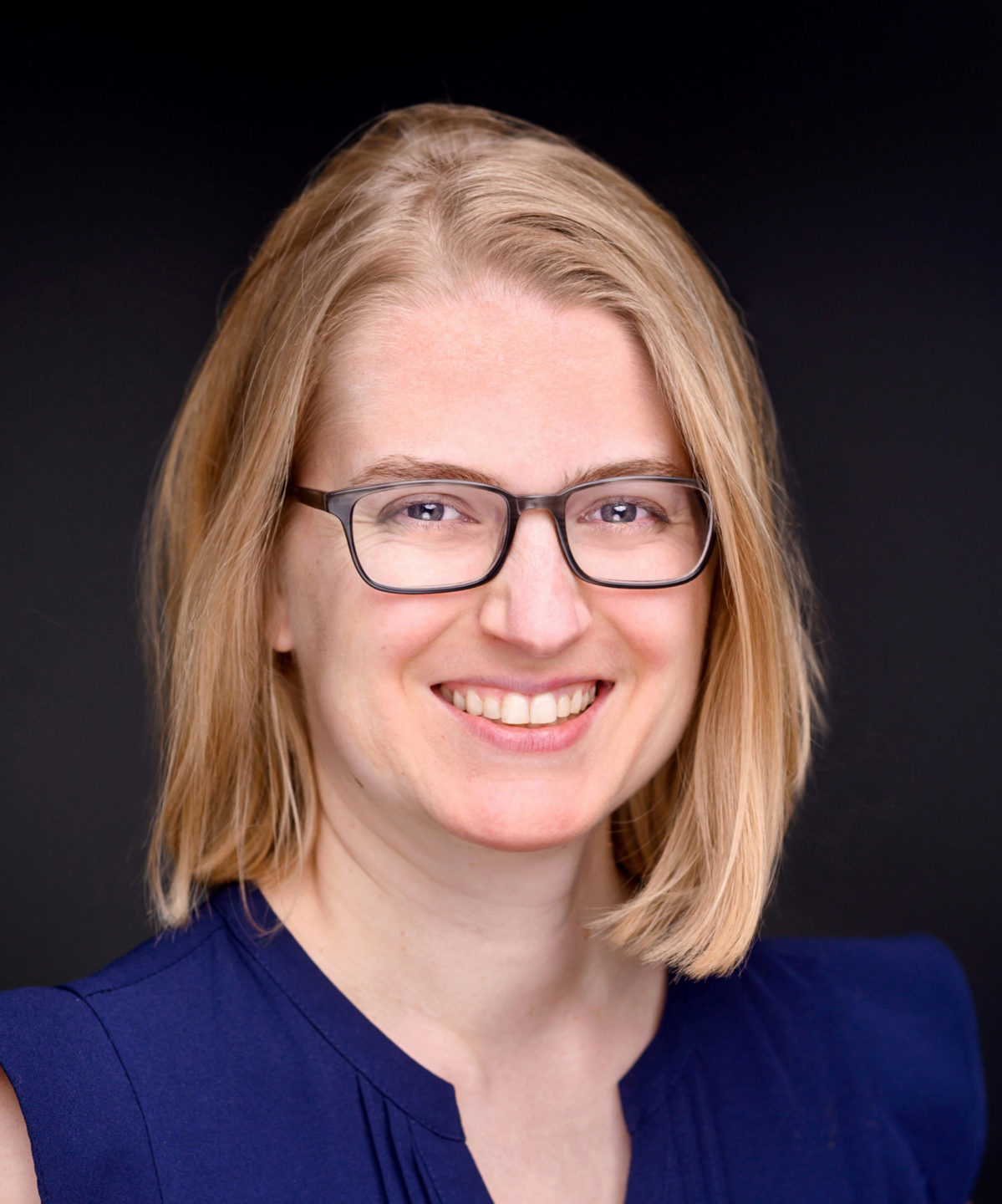Are you excited to work on some of the world’s most important and neglected causes?
Working at Open Philanthropy
Table of Contents
Open Positions
-
Program Associate/Senior Program Associate, Abundance and Growth (Generalist Track)
-
Senior Program Associate/Program Officer, Abundance and Growth (Specialist Track)
-
Salesforce Solutions Architect and Senior Administrator
-
Business Immigration Associate
-
Operations Coordinator/Associate in San Francisco or Washington D.C. (Rolling)
Expression of Interest
You can always express interest in joining our team, even if you don’t see an open position that fits you. We regularly review submissions and have successfully hired people who we found through their expressions of interest. Qualifications come in many forms; we invite applications from people of all backgrounds and career stages.
We encourage you to submit an expression of interest even if you’re not immediately available. Doing so allows us to consider you for future opportunities as they arise.
How We Hire
The full hiring process for many roles looks something like this:
- Fill out an application
- Initial application screen (possibly including a short telephone screen)
- Invitation to take 1-3 paid work tests designed to simulate the work you would do if hired and/or evaluate certain skills important for success in the role. (For more on how we approach work tests, see our frequently asked questions.)
- A remote interview
- An interview day with several members of our team (most of these currently take place remotely, but an onsite visit day at our San Francisco office may be possible for some roles)
- Reference checks
- Employment offer
We believe it’s worthwhile to invest significant time in hiring in order to build the strongest possible team. We realize our hiring process is unusually demanding, and we offer monetary honorariums for completing our work tests, partly to ensure financial constraints do not keep candidates from applying, and partly to demonstrate that we respect and appreciate the time that applicants put into these tests.
If you have any questions about applying, please reach out to jobs@openphilanthropy.org.
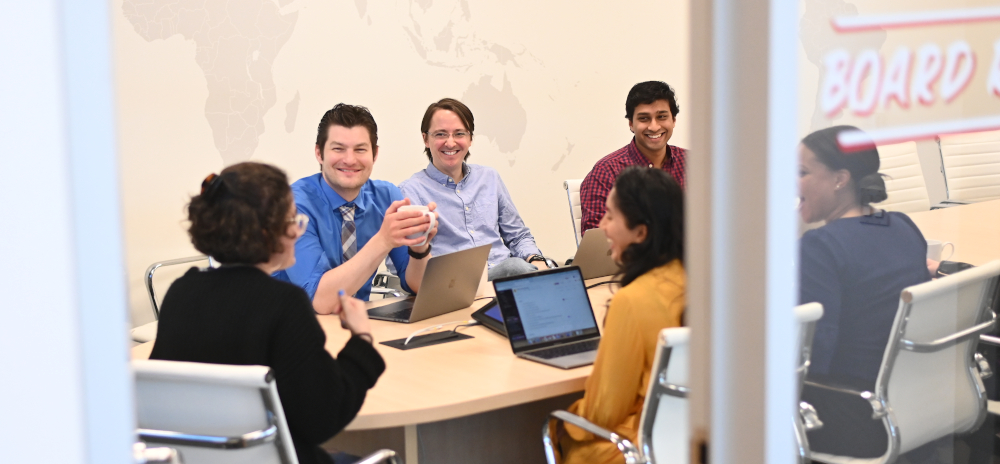
Benefits
Currently, our benefits include:
Health
We offer comprehensive health, dental, and vision coverage that pays all premiums for you and your family. We also offer an ergonomic benefit to cover the costs of equipment to help staff stay healthy while working, both in the office and at home.
Time Away
Employees may take paid time off at their discretion, and we encourage staff to take ~20 days of paid time off per year outside of office closures for holidays. We also offer up to 4 months paid parental leave, leave for bereavement, and options for unpaid leave.
Flexible Work
While many team members work remotely, we have permanent offices in San Francisco and Washington, DC, and a number of team members co-work out of New York City, London, and Boston. We want our staff to work when and where they feel most productive, while ensuring we can effectively collaborate as an organization.
Retirement
We provide all staff an unconditional 401(k) grant of 15% of your salary (up to $23,000 per year).
Work Support and Balance
We encourage our employees to expense tools and services that allow them to do their best work, such as time-saving rideshares, supplementary childcare, and mental health support. We promote sustainable workloads by defining full-time employment as 35-40 hours of focused work per week.
Family Forming
We offer a family-forming benefit that supports employees and their partners with expenses related to family formation, such as fertility treatment, surrogacy, or adoption. This benefit is available to all eligible employees, regardless of age, sex, sexual orientation, or gender identity.
Inclusiveness
Inclusiveness is one of the four operating values that we expect every hire to demonstrate. We put substantial and ongoing effort into improving the diversity of our staff, and into ensuring that Open Philanthropy is a place people of all backgrounds can do their best work.
To this end, we have implemented a variety of policies for both our hiring practices and employees, including:
Work Tests
We have structured our hiring process to feature identity-blinded work tests, partly as an effort to mitigate the effects that conscious and unconscious bias can have on hiring decisions. We think this is a better way of hiring, as it focuses us on who can do the work best, rather than who interviewers happen to get along with. Work tests also help candidates get a more accurate sense of the role earlier in the process. (We also do interviews, but they are complementary to — and not a replacement for — our work tests.)
Proactive Outreach
We have a recruiter who works specifically on proactive outreach to candidates from underrepresented communities. Their work includes building relationships with community organizers and attending international conferences (such as EAGx Latin America and EAGx India) to reach potential candidates from low & middle-income countries. We also reach out to individual potential candidates from underrepresented backgrounds for introductory calls to advertise open roles and answer questions about Open Philanthropy, our hiring process, etc.
Flexibility
We have flexible working hours, reimburse work expenses that will help individuals with their productivity, and take other measures to ensure that everyone can thrive here. We believe that many conventions of the workplace — for example, expecting regular in-person office attendance — are not necessarily important for all roles, and not necessarily compatible with prioritizing inclusiveness.
Compensation Transparency
We have worked extensively on our compensation system to ensure that it is principled and data-driven rather than negotiation-driven, and does not amplify systemic inequities. We also strive to be transparent with our staff about how salaries are determined, and we do our best to note the expected salary on job listings.
Minimal Requirements
To encourage applicants with a diverse array of backgrounds, we do our best to minimize application “requirements” which could deter capable individuals from applying. For example, we no longer list educational requirements that are not strictly necessary for performing a given role.
We encourage individuals with diverse backgrounds and experiences to apply, and we especially encourage applications from people of color, self-identified women, and non-binary individuals who are excited about contributing to our mission.
Referral Rewards
Whether or not you apply to an open position, please consider referring other people!
We offer a $5,000 reward to anyone who refers a candidate we end up hiring. See our External Referral Reward Guide for more details.
Frequently Asked Questions
What are your work tests like?
Work tests vary considerably in length and complexity depending on the role. These often take the form of a small task or project similar to the kind of work a successful hire would be asked to perform. For example, someone applying to a communications role might be asked to draft a response to a sample inquiry from a reporter, while someone applying to a research role might be asked to read a set of materials and build a cost-effectiveness model based on them.
All of our work tests are created “in house” and simulate real work done by Open Philanthropy staff, and we do not use work assessments administered by any external company. We set up our process so that the majority of work tests can be evaluated without knowing the applicant’s identity, though at later stages in the process candidates might be asked to perform a work test that is partly or fully in-person.
What kinds of qualities are you looking for in a hire?
While different positions require different skill sets, our operating values outline some qualities Open Phil values across all roles at the organization:
Ownership. We encourage staff to take broad responsibility for their work and approach tasks and priorities with a critical mindset. Staff are expected to question and seek to understand the reasoning behind their assignments, rather than assume they should execute instructions as given.
Openness. Openness means constantly seeking, incorporating, and sharing new information. We encourage direct, clear, and frequent feedback — delivered respectfully and supportively — across all levels of the organization.
Calibration. We strive to communicate clearly about what we know and what we don’t (see our post on reasoning transparency). We work to improve our ability to make accurate predictions related to our work, to assess the impact of our work without motivated reasoning, and to use this information to shape our strategy.
Inclusiveness. We try to avoid conscious and unconscious bias and be as flexible as we can to ensure that anyone who embodies the above values can do their best work at Open Philanthropy.
Beyond these core operating values, we’re also looking for people who are passionate about Open Phil’s mission of helping others as much as we can with the resources available to us, who can tackle and complete difficult, open-ended projects, and who are excited to be part of building a growing, rapidly changing organization.
What is Open Philanthropy’s team culture like?
Our team is diverse in background and experience but united by a shared commitment to our mission. While we take our work seriously, we strive to keep our culture casual and approachable. Some staff come to us with existing knowledge on topics like effective altruism and evidence-based giving, while others are brand new to these ideas — there’s no prior knowledge required to join our team. Regardless of your familiarity with these concepts, we welcome your application and are excited to introduce you to our mission throughout the hiring process.
If you’re interested in learning more about what it’s like to work at Open Phil, we recommend checking out our Day in the Life series.
What can I do now to prepare for a role at Open Phil later?
While every role differs, and there’s no single course of action to prepare for every opportunity, for many roles it might be helpful to:
- Work on writing and communicating in a clear, calibrated, and transparent manner.
- Practice thinking critically about the strength of different kinds of evidence. See for example How we evaluate a study, and Surveying the research on a topic, and the principles for assessing evidence published by GiveWell (an organization with which we share many core values).
- Become comfortable with statistics, as well as the basics of Bayesian reasoning.
Do you offer internships?
Yes, we run cause prioritization internship programs periodically. If you’re interested in interning at Open Phil outside of this program’s timeframe, we encourage you to fill out our General Application and indicate your interest in interning. We may reach out to exceptional candidates interested in internships on a case-by-case basis.
Do you have remote positions?
We’re open to full-time remote work for many positions, and many of our team members work remotely from various locations worldwide. However, the feasibility of remote work varies depending on each role and team. Our job postings typically state any location preferences or requirements. However, we aim to be as flexible as possible, and generally encourage you to apply even if you’re uncertain about your location’s suitability; we will reach out if there are any questions or concerns about your specific situation. Additionally, we provide incentives for team members who work from established hubs (including cost-of-living adjustments, relocation cost assistance, in-office perks, etc.).
What compensation can I expect to receive if hired?
We usually post anticipated salary for a role. If we haven’t posted a salary, it’s usually because we think the responsibilities and scope of the role will be heavily influenced by who we ultimately hire.
We aim to pay competitively enough so that salary isn’t a major consideration for candidates who would otherwise be interested in taking a role with us. We’d encourage you not to let uncertainty about salary deter you from applying.
I applied to Open Philanthropy in the past and was unsuccessful. Should I reapply? How will you use any work tests I completed as part of my previous application?
We recommend that candidates wait about a year before reapplying for the same role at Open Philanthropy. Past candidates are welcome to apply to a different role at any time.
We do sometimes use the same work tests from year to year, but we may use a new assessment for repeat candidates on a case-by-case basis. We sometimes allow candidates to skip forward in our process based on past work tests.
Are positions at Open Philanthropy eligible for Public Service Loan Forgiveness (PSLF) and similar programs?
Open Philanthropy is made up of several affiliated organizations. US-based staff who primarily conduct research are typically employed by Open Philanthropy 501(c)(3), whereas US-based program and operations staff are typically employed by Open Philanthropy Project LLC. The LLC is not a tax-exempt organization; as such, programs and operations roles are unlikely to be eligible for programs like PSLF.
